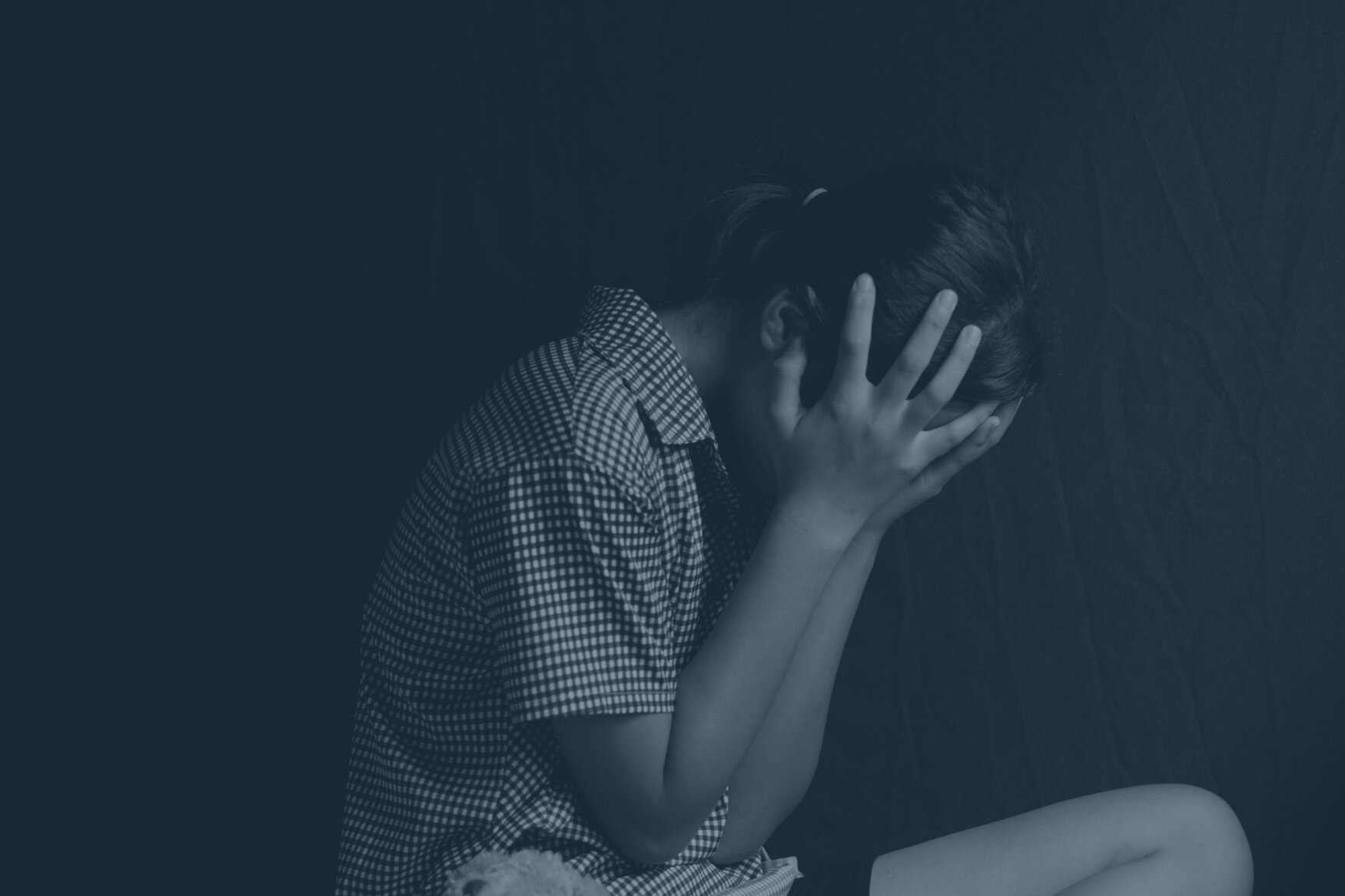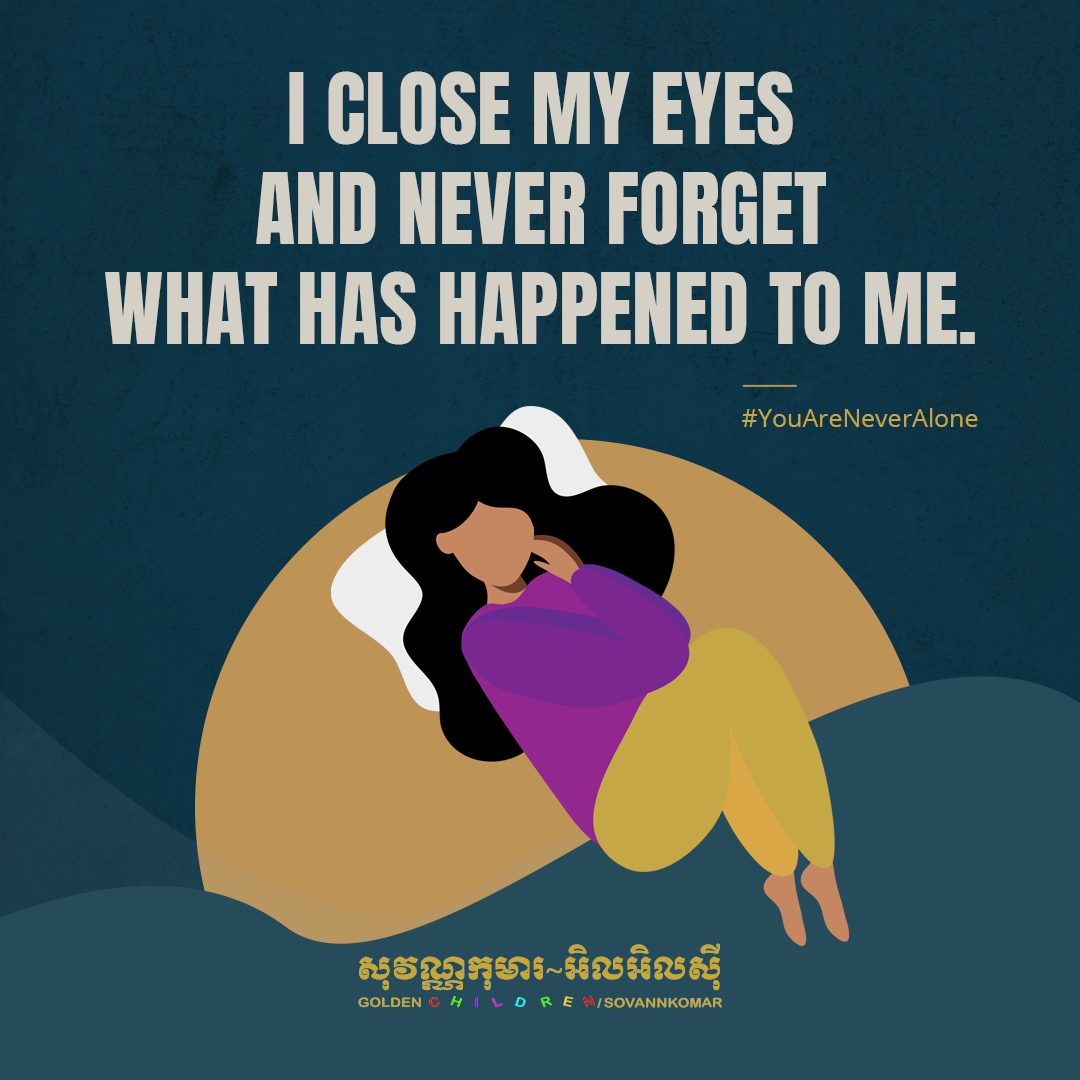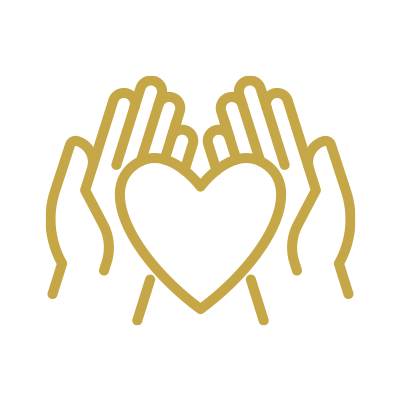
BOYS AND GIRLS EXPERIENCE ABUSE IN CAMBODIA
Sovann Komar is taking a stand to educate the public about the child abuse. We are encouraging advocates to spread awareness to keep our children safe through our #YouAreNeverAlone campaign.
Child abuse can come in many forms. Abusive behaviour involves treating someone with cruelty or violence. It often happens regularly or repeatedly.
There are four main types of abuse:
Physical abuse: Any use of physical force against a child that doesn’t happen by accident and causes injury. Hitting, beating, shaking, punching, biting, burning, scratching, strangling or choking a child are all examples of child abuse.
Sexual abuse: Any type of sexual involvement or contact between a child and an adult. Sexual abuse can be voyeurism (spying on or watching a child), sexual acts and incest (sex between family members).
Emotional abuse: A pattern of denying a child love, approval and security, or mistreating a child in the way an adult speaks to them or acts towards them. Bullying, yelling, isolating, criticising, terrorising, ignoring and shaming are all types of emotional abuse.
Neglect: Failing to provide a child with the things they need to thrive and grow, such as shelter, food, hygiene, supervision, medical attention, education or safety.
Child abuse is never okay, for any reason. Some reasons people give as to why they abuse children include:
-a desire to feel powerful
-they themselves experienced abuse as children
-they don't understand that children have a right to feel safe
-they think it's okay or appropriate (it's not, ever).
If you’ve been abused as a child, it can lead to:
-shame/self-blaming
-anger towards the abuser
-fear of getting close to and trusting people
-sadness, confusion and low self-esteem
-flashbacks, nightmares and reliving the abuse
-denial that abuse has happened
-trouble at school with learning new things and socialising with others.
Child abuse is illegal in Cambodia and should be reported. If you believe you have been abused, talk to someone you trust and who can help you through the process. We ask the courts of Cambodia to make sure the abused child does not have to face your abuser and talk about it in court. Cambodia needs to allow minors to give evidence on video, without having to sit through the trauma of a court case. Currently, in Cambodia, children have to give testimony multiple times – to the prosecutor, to the investigating judge and to the trial judge – all at the courthouse and without full protections in place for children.
Getting Help
There are things you can do to deal with child abuse and its effects.
Talk to someone you trust about it. This could be a friend or family member. It could also be a police officer, doctor, counsellor, psychologist, psychiatrist, trusted teacher, other family member or health worker.
Remember that it's not your fault. If you look at kids who are the same age as you were when it happened, you can understand how defenseless you were at the time.
Learn about child abuse and its effects.
Talk to other people who have experienced child abuse. You don’t have to deal with this on your own. You don’t need to feel alone.
Empathy for those who have suffered
Read the quotes from real victims to understand how they feel.
Since this campaign started in 2021 we have brought not just awareness to over a million Cambodian social media users, but also empathy for those who have suffered. Often they feel unheard and misunderstood.
By sharing some of their inner thoughts, it connects the community and nation to the anxieties and inner dialogue of children and women who suffer from abuse.















